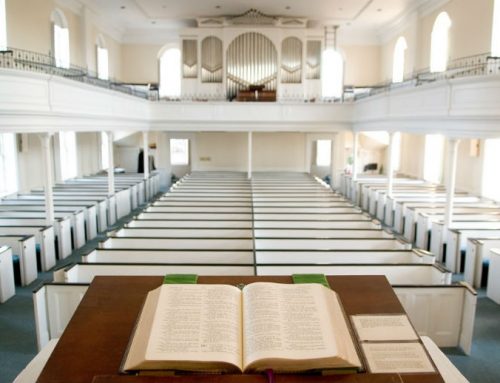During a round of golf, here’s what you say when you make a particularly bad and embarrassing shot that nevertheless ends up in wonderful spot: “falling into an outhouse and coming up with ice cream.”
Crass. But hopefully it makes the point. (And, by the way, if you’ve seen this scene from the movie Slumdog Millionaire, you’ll know that this is more than a metaphor). This Sunday, we will explore one of the mysteries at the heart of the Christian faith: God using our mistakes-making tendencies – our falling into the outhouse of human frailty – for the purpose of our transformation. Jesus indeed seems particularly fond of people who have been lost and who, through the incredible power of grace, get “found.”
I will be brief this week. My wife looked at my entry last week, and commented about how it was too long and formidable a thing to read. So this week, brief.
First; read the text: Luke 15:11-24. A familiar one. I like the title “The Lost Son” instead of “The Prodigal Son”, because it’s set in a chapter full of stories about lost things that get found.
Watch these two clips. There is no better illustration of this strange phenomenon than this scene (shown in two parts) from the movie The Mission. First clip. Second clip. (For background on the story, see my entry from last week.)
Reflect. Are there instances in your life where you caught a glimpse of God’s incredible grace, because you had been lost and got “found”? Further, as I mentioned my sermon last week: is it possible that the process of redeeming our mistakes actually begins not with our desire to get “off the hook,” or our desire to assuage our guilt – but with our transformative encounter with the living God?
Extra Credit: If you’d like to get into some more detailed scripture study, click here.
Final Thoughts: Thanks for your question, Mark! (The question: “Did you truly mean that those who have [asked forgiveness in advance of sinning] at some point will never be forgiven by God? Is there room for such a person to stop doing so, repent of that practice, and be forgiven?” Briefly – yes, there’s always room. Here’s my response – with a bit of help from others.




